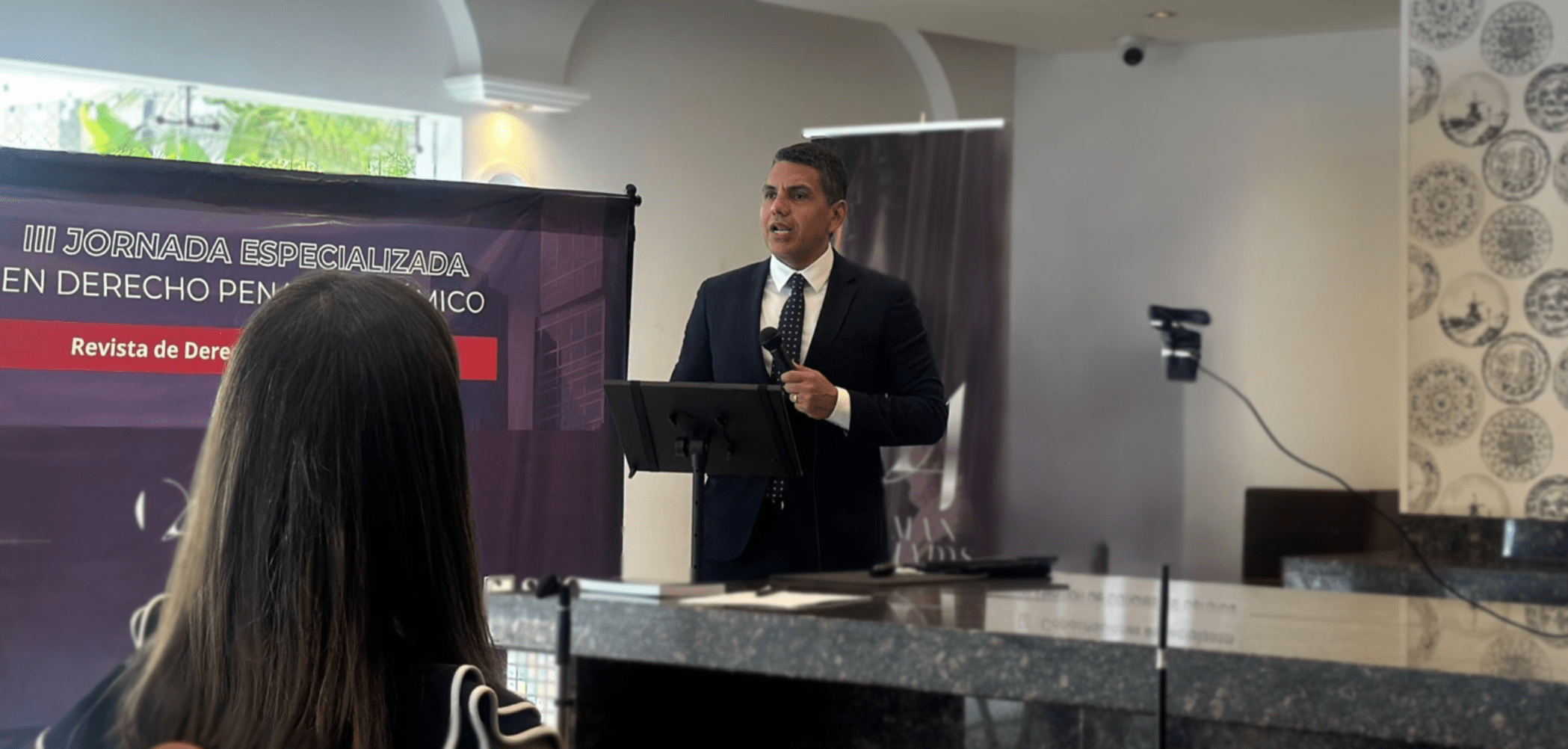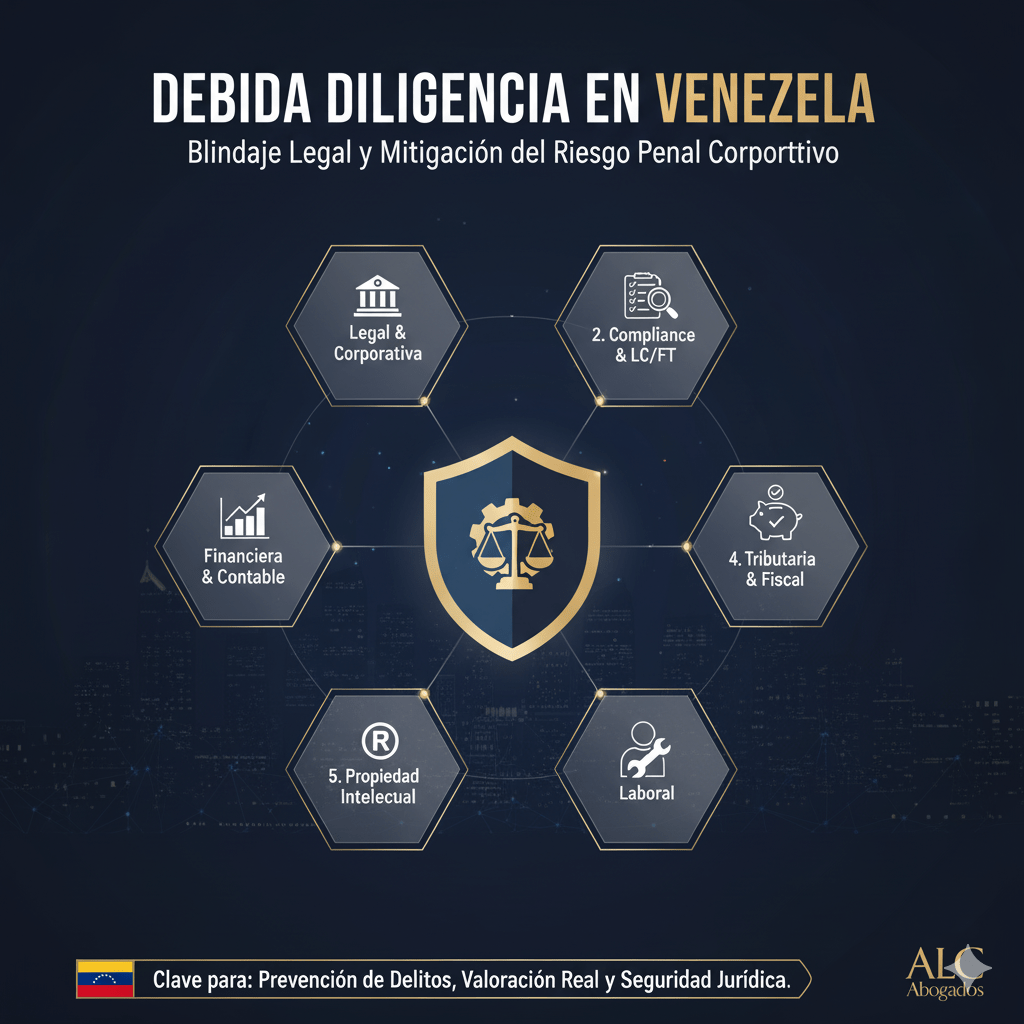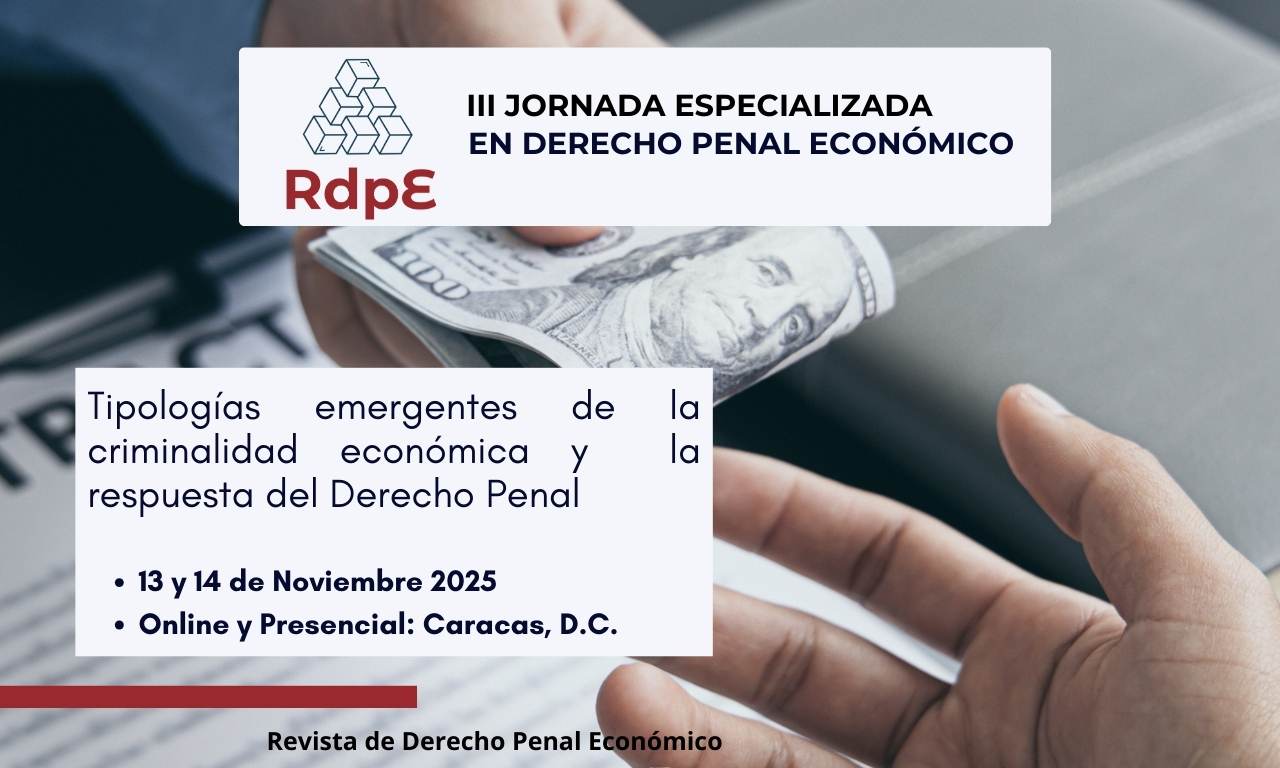The Chapter V of the United Nations Convention against Corruption, stated the Special Cooperation for Asset Recovering in article 56, to allow financial centres include in their domestic legislations, proactive cooperation provisions and specific procedures permitting the prosecutorial and appropriate regulatory and judicial authorities to forward information considered of interest to the authorities of victim countries.
Since the process of recovery of assets and funds derived from corruption is very long and complex, several actors ought to intervene in order for it to be accomplished. The role of recipient countries is extremely fundamental in this matter.
The UN makes an special remark on this to remind the States the principles to fight corruption whether is achieved from money laundering, trafficking or taxes evasion, and, therefore, the duties and obligations to comply with these principles, including collaborating actively on the restitution of funds and assets.
Switzerland is an extraordinary case regarding this issue. It’s a country that has an special interest in making sure that assets and funds invested are not derived from illicit origins. Also, it has demonstrated through the years a strong activism headed for the identification and repatriation of assets to their country of origin. The Swiss laws and procedures are explicitly intended to reject funds of illicit origins as part of their active fight against corruption.
The commitment to combat funds or assets of criminal origins has been shown in the last few years in examples such as the Montesinos case in Peru (2002), the Marcos case in Philippines (2003), the Angolese assets case in Angola (2005) and the Salinas case in Mexico (2008), among others. As part of their activism, Switzerland has launched several initiatives such as sponsoring the International Center for Asset Recovery in Basel, the Stolen Assets Recovery Initiative and the World Bank.
The nation also organizes international conferences, gathering government experts with the purpose of disseminating the principles and obligations of the States that signed the UN Convention Against Corruption as well as sharing information about how to fight back and leave out funds of illicit origin.
For many countries suffering a high level of corruption within their governments, these initiatives and the previous cases that have been solved in the past represent a hope for achieving some justice in the future of their nations.



